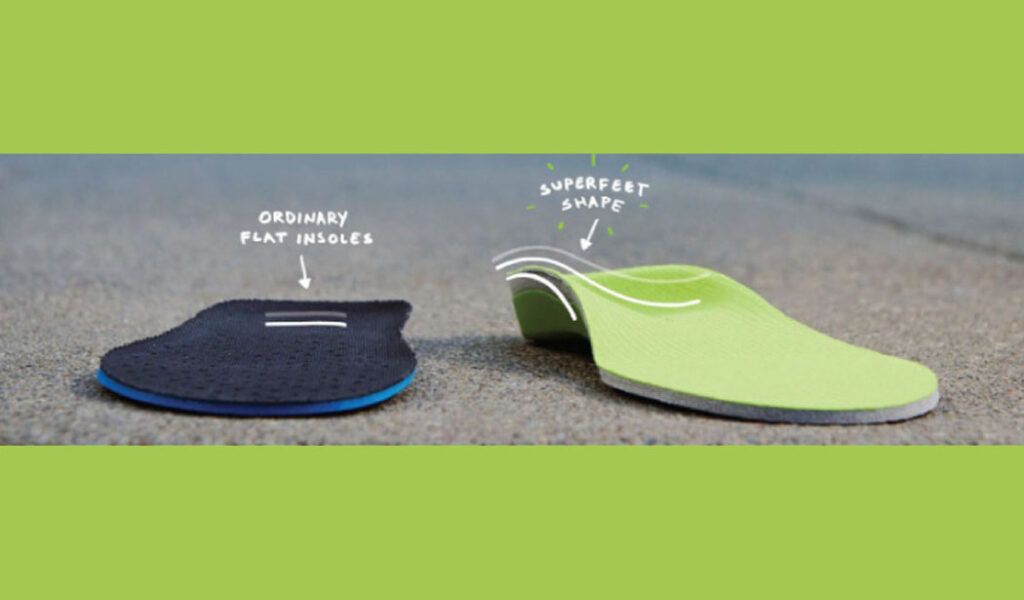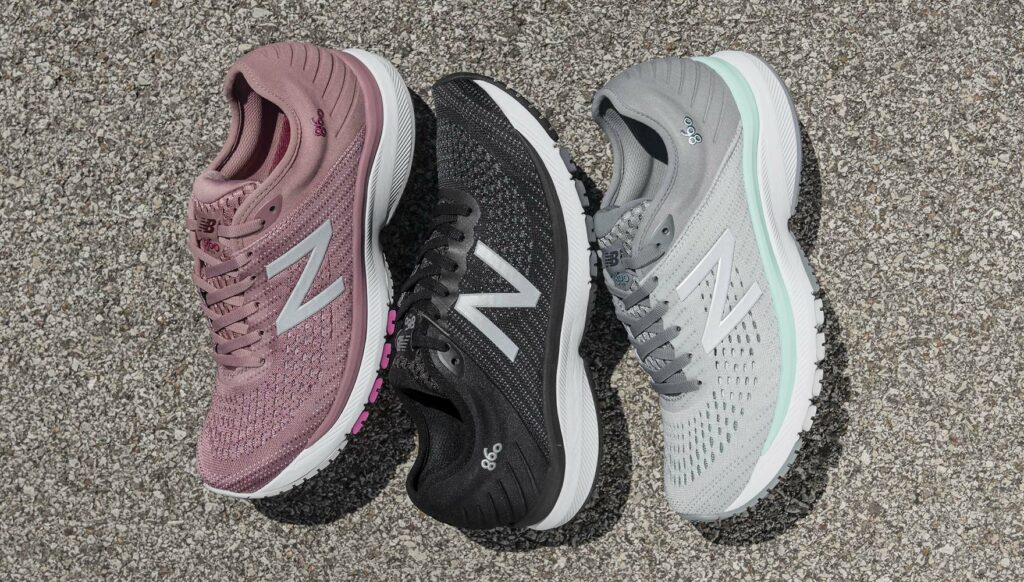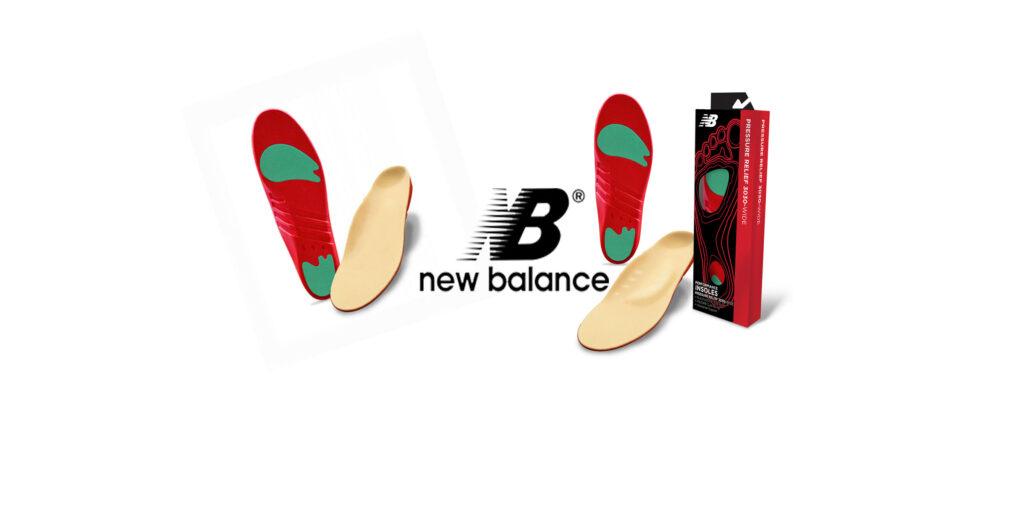“Do I Need Custom Insoles?” This is a question that patients frequently ask doctors, physical therapists, and pedorthists. People with foot pain, knee pain, and back pain are often considering trying insoles for better support and potential pain relief. And of course, custom orthotics would be the best, right? Not necessarily. You may be surprised to find out that for much of the population, Over the Counter (OTC) orthotics or insoles are very effective in providing support and relieving foot pain.
Years ago, if you wanted a good orthotic it needed to be custom made. But this fact has changed over time because health professionals have funneled their knowledge and research into making high quality OTC products. There are quite a few OTC insoles that provide proper support at the foundation, giving many patients relief from foot pain and other structural pains going up through the chain of the body.
Choosing the Right Insoles
The key to an effective OTC insole is in choosing the right one. When choosing an insole, it is important to understand that there are different insoles for different foot types. The high arched foot will benefit from a different insole than a flat foot will, so it is important to make an informed choice when choosing your orthotic. The best insoles will not just be soft, squishy, and bendable. They will have a firm stability plate and a heel cup to help stabilize the foot and put it in an optimal position for gait (walking). Some examples of high quality products can be seen in the insoles made by Cadence, Superfeet, Form, and Birkenstock. The firmness at the base of these insoles is one feature that helps to make them so effective.
So how to choose the right orthotic for your foot type? The Insole Advisor on insoles.com is a good place to start. You will be asked a few simple questions about your feet, your shoes, and if you are experiencing any pain or just looking for support. The quiz will guide you to a personalized recommendation for a high-quality OTC insole. You may also be able to get a good recommendation from a health care professional that knows about high quality over the counter inserts.
The Cost Factor
There are a lot of cheap OTC products out there that don’t do much. Maybe they provide a little extra cushion for a while. But these just accommodate the foot, they don’t correct abnormalities with your gait in any way. And in addition to this, adding squishy, soft cushion beneath the foot can cause more instability, which causes further stress on the feet, knees, hips, and back. In the end this could actually cause further pain. A good quality, effective OTC orthotic such as Cadence or Form will most likely be in the price range of $45.00-$90.00, and as mentioned previously, will have some firmness at least to the base of the insole. The price range of these inserts is notably more affordable than custom orthotics, which usually range from $250-$600 depending on the provider and method of fabrication.
Comfort and Support are Important
There are a few general guidelines for how an insole should feel beneath your foot. Most importantly, the insole should not be uncomfortable or painful in any way. It may feel a little different than normal and it may take a few days to adjust to wearing it, but it should not cause pain. The insert should feel supportive either right beneath the entire arch or at the start of the arch by the heel. If there is a metatarsal pad on the insole, that should be placed at the end of the arch right before the ball of your foot. You do not want this bump directly beneath the ball of your foot because it can hinder the proper function of your toe bones. Your insoles should feel fairly natural beneath your foot and the foot should be able to relax with the insole beneath it.
Some Conditions Require Custom Insoles
OTC insoles are beneficial for many people, but there are absolutely cases in which custom orthotics are necessary. Custom inserts are needed for those who have severe foot pathologies. People with toe or partial foot amputations will find much benefit from custom inserts, as will those who have a condition such a Charcot foot. Individuals with chronic foot pain which has not been relieved by good quality OTC insoles may find a greater benefit from custom inserts. There are also certain conditions, such as hallux rigidus or hallux limitus, that can be difficult to accommodate in a prefabricated OTC insert. It is easier to make minor adjustments on custom inserts in order to take pressure off certain areas of the foot, so if you need your insoles adjusted to accommodate certain painful areas then you may find more relief in customs.
Do you need custom insoles? Would they have more of a benefit for you than OTC orthotics? Probably only you and your doctor can answer that question. If you think you may be a good candidate for OTC orthotics they may be worth a try before investing in customs. Check out the Pedorthist approved insoles at insoles.com, you just might get the relief you are looking for!




